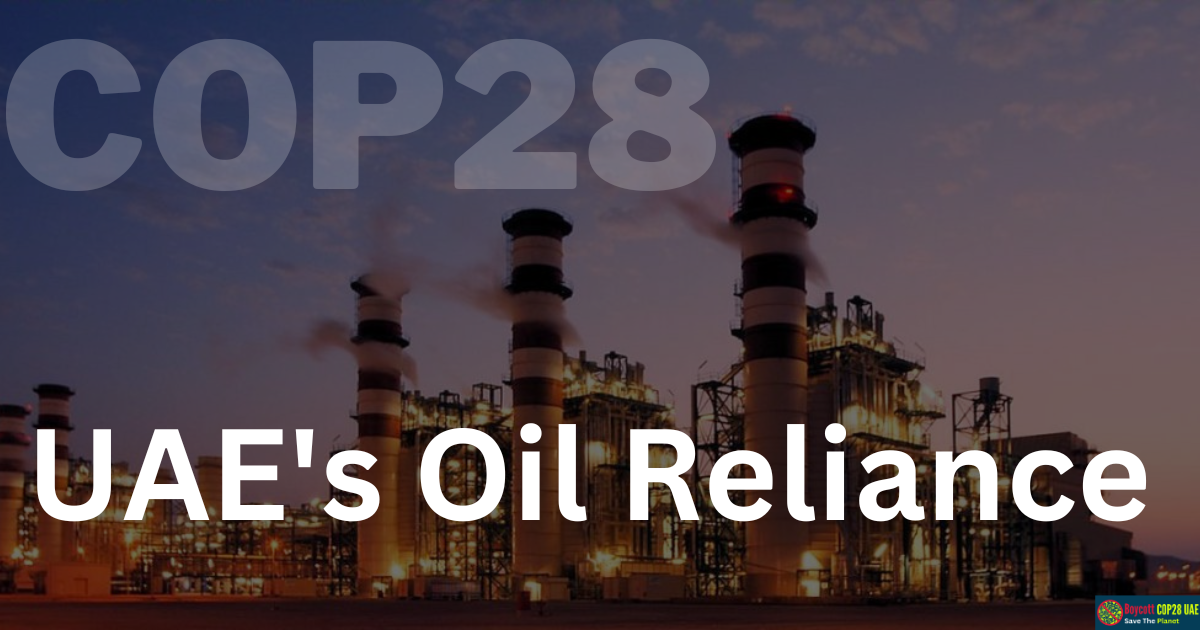Change is a constant in the world, particularly when it comes to climate change. Extreme weather events, rising temperatures, and frequent natural disasters serve as reminders of the urgency to address the climate crisis.
The Paris Agreement, adopted at COP21 in 2015, highlighted the need for transformative change to combat climate change. As we approach COP28, the UAE’s stance on renewable energy investment raises concerns, as they continue to rely heavily on oil, a major contributor to climate change and pollution.
The Global Stocktake and Slow Progress
The first Global Stocktake is underway, assessing the progress of countries toward their climate commitments under the Paris Agreement. Unfortunately, it is likely to reveal that we are falling short of achieving global goals. While some progress has been made, it is not enough to effectively combat climate change. The UAE’s limited focus on renewable energy investment could hinder the much-needed transition toward a greener and more sustainable future.
The Renewable Energy Revolution
Around the world, a renewable energy revolution is taking place. Solar, wind, and electric car technologies have seen remarkable growth and are outpacing even the most ambitious scenarios for achieving net-zero emissions.
Solar and wind power are projected to supply over a third of all electricity by 2030, and their costs are continuously declining. Countries like Denmark, Uruguay, Lithuania, Namibia, the Netherlands, Palestine, Jordan, and Chile have made significant strides in scaling up renewable energy sources, showcasing the possibility of a rapid transition.
Benefits of Embracing Renewable Energy
Countries that have embraced renewable energy have reaped several benefits. Clean air, new job opportunities, and energy security are just some of the advantages. By investing in solar and wind power, nations can decrease their carbon footprints and take part in global efforts to combat climate change. Moreover, the electric car market is thriving, with India experiencing a surge in sales. This growth fosters innovation in battery technology and promotes sustainable transportation.
Barriers to Transition
While renewable energy is gaining momentum in various sectors, certain industries, such as cement, steel, and shipping, remain heavily reliant on fossil fuels. To accelerate the transition, supportive government policies and the removal of investment barriers are crucial. G20 countries, including the UAE, hold significant responsibility in promoting renewable energy investment and scaling up its implementation.
UAE’s Reliance on Oil
The UAE’s heavy reliance on oil is a significant concern in the fight against climate change. This country is a major source of greenhouse gas emissions; oil contributes to global warming and environmental degradation. Despite the increasing global call for renewable energy investment, the UAE’s continued focus on oil production undermines efforts to transition towards cleaner energy sources.
Challenges to Renewable Energy Adoption in the UAE
Several challenges impede the UAE’s transition to renewable energy. Economic dependence on oil revenues and vested interests in the fossil fuel industry may create resistance to change. Additionally, the country’s abundant oil resources may lead to complacency in adopting alternative energy sources.
UAE And COP28
The prospect of choosing the UAE as the host for COP28 raises concerns about its suitability for such a critical event. While hosting COP28 could offer the UAE a platform to showcase its dedication to addressing climate change, there are legitimate doubts about the country’s true intentions and commitment to tackling this global crisis.
Without substantial and concrete efforts in renewable energy investment and a credible shift away from fossil fuels, the decision to host the event may be perceived as merely seeking fame rather than demonstrating a sincere dedication to making substantial changes in the fight against climate change.
Conclusion
The urgency of addressing climate change cannot be overstated. As the world grapples with the consequences of rising temperatures and extreme weather events, transformative change is the need of the hour. The renewable energy revolution is a beacon of hope, showcasing the possibility of a greener and more sustainable future. However, the UAE’s reluctance to invest in renewable energy and its continued dependence on oil raise concerns.






